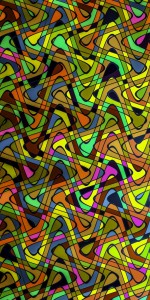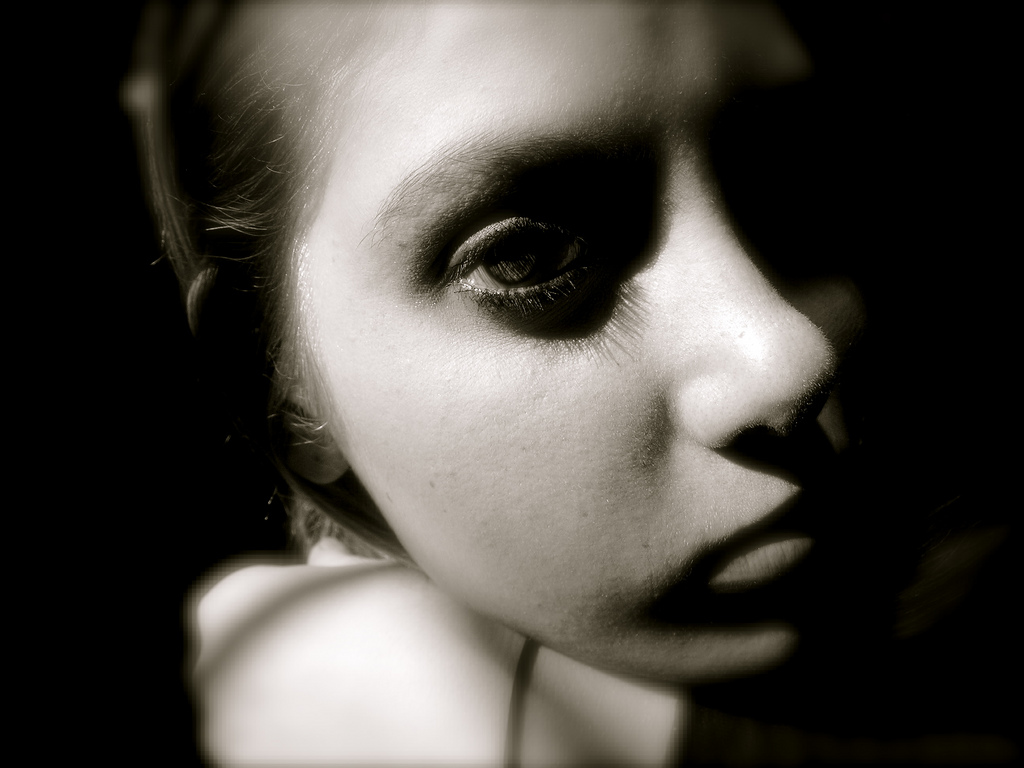Obsessive Compulsive Disorder (OCD) is quite common and is estimated to affect over 2% of Americans. It is considered a chronic anxiety disorder that is fueled by obsessions (recurrent intrusive thoughts) and compulsions (repetitive behaviors or rituals).
Obsessions and Compulsions
Individuals suffering from this disorder are generally fully aware that their ruminations and rituals might appear ridiculous to others. Their anxiety compels them to engage in these rituals in rather scrupulous behavior. They are not usually aware why, but trying to stop themselves engaging in compulsive acts tends to evoke significant anxiety.
As a Christian counselor, I have witnessed clients with OCD who feared that failing to perform the ritual(s) would lead to some horrible consequence. A few of my clients felt that they were already responsible for some unfortunate situation that had already happened to them. Recognizing this in my clients made me realize the extent to which they were very exhausted, overwhelmed, and truly suffering.
OCD Sufferers In History
Throughout history, a number of well-known individuals have suffered from OCD. These include Martin Luther, John Bunyan (Pilgrim’s Progress), Charles Darwin, Samuel Johnson, Howard Hughes, and Katherine Hepburn. We can see that this list includes people who lived successful and passionate lives, although they also suffered. If you identify with OCD you may identify with some of these people.
Some folks who suffer with OCD are plagued by self-doubt and indecisiveness. Others speak of being obsessed or fixated with numbers, time, and/or order. Educators have long known that individuals with OCD are among their most conscientious students.
What Causes OCD?
There is no unifying theory regarding the cause of or OCD, and neither is there consensus on the most beneficial treatment. Theories include automatic, learned distorted thoughts, genetic predispositions, a bacterial infection in children, brain chemistry, traumatic life events, and so on. A combination of psychotropic medications and/or Cognitive Behavioral Therapy (CBT) has been shown to afford significant relief for up to 70% of the sufferers. Such research is helpful, but I personally appreciate Jeffrey Schwartz’ Four Step Method of re-label, re-attribute, re-focus, and re-value.
Few doubt that there is a neurological component to OCD. It is rather like a fire alarm that sounds off, except that there is no fire — and the need to reassure oneself of that fact is extremely compelling. Most of us have wondered whether we forgot to turn off the stove, left the water running in the sink, or neglected to lock the door to our home. These things are minor in comparison to the OCD sufferer’s daily experience.
Prayer Can Help People with OCD
There is a scripture I find comforting when thinking of someone who suffers from anxiety.
Do not be anxious about anything, but in every situation, by prayer and petition, with thanksgiving, present your requests to God. And the peace of God, which transcends all understanding, will guard your hearts and minds in Christ Jesus. – Philippians 4:6-7
How comforting this is to one whose mind sometimes runs away with them. As a Christian counselor, I have noted how much prayer, meditation, and relaxation exercises have helped my clients to deal with the symptoms of OCD.
 The Four-Step Method of Treating OCD
The Four-Step Method of Treating OCD
Jeffrey Schwartz, whom I mentioned earlier, has understood OCD and has discovered a way to help people who suffer with OCD. He speaks of ways to calm the mind and body that lead one to understand that the anxiety fed by an intrusive thought (obsession) is an unwarranted false alarm. He suggests the following fourfold approach:
- Re-label: Recognize these thoughts for what they are.
- Re-attribute: Accept that the intensity of the disturbing thought is caused by misfiring in the brain, that is, by OCD.
- Re-focus: Choose to focus attention and engage in a different behavior for a few minutes.
- Re-value: Devalue the intrusive thoughts to the point of reminding oneself that these thoughts are erroneous.
Christian Counseling for OCD
Learning how to apply these simple steps has been shown to actually change our brain so that the symptoms of OCD are lessened, if not remedied. As a Christian counselor, I have witnessed how effective these steps can be in my clients who suffer from OCD. If you are someone who relates to what I have presented here, and if you find yourself needing someone to talk to in more detail, please feel free to call me to find out how Christian counseling can help you in your struggle with OCD. I would love to look at this more closely with you.
“Chaos,” Fractal Art Series, courtesy of tommietheturtle, Flickr CreativeCommons, Public Domain License; “Design, Jewels and Gems,” courtesy of garlandcannon, Flickr CreativeCommons (CC BY-SA 2.0)






